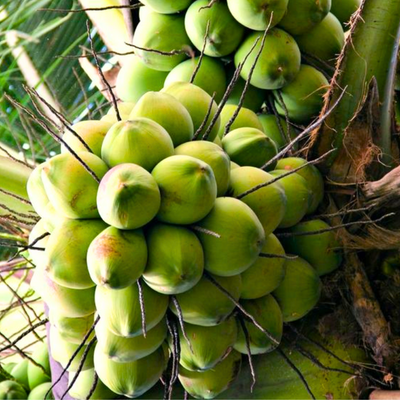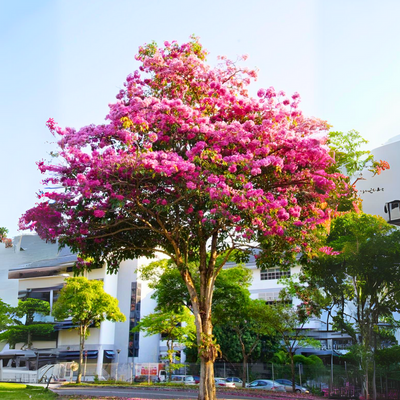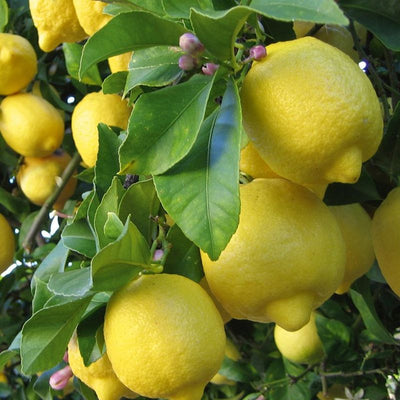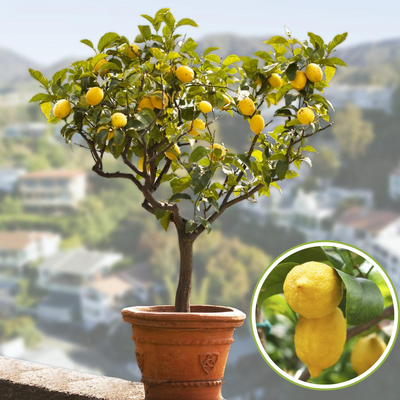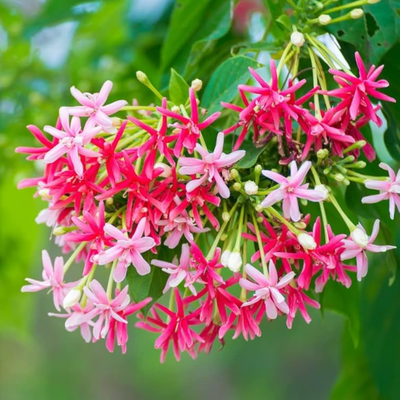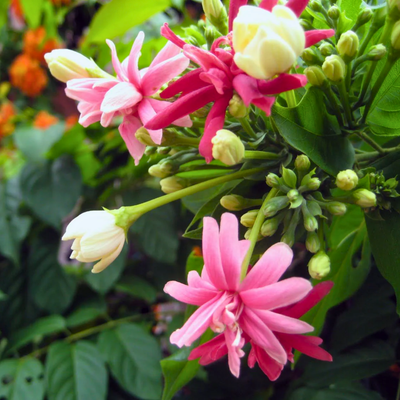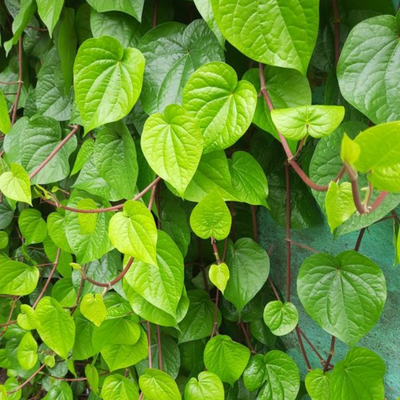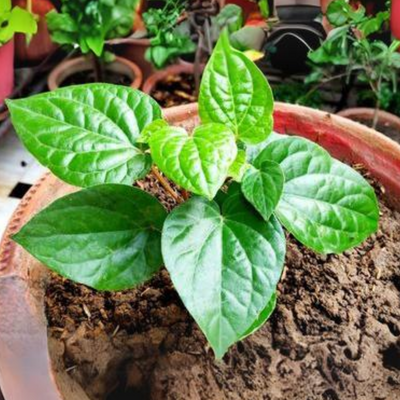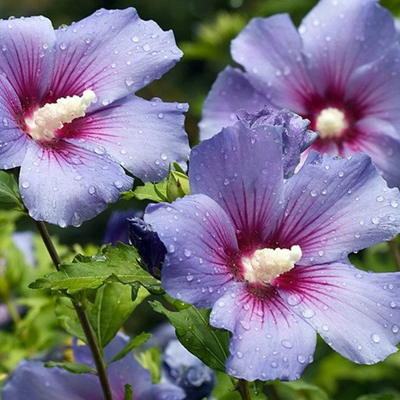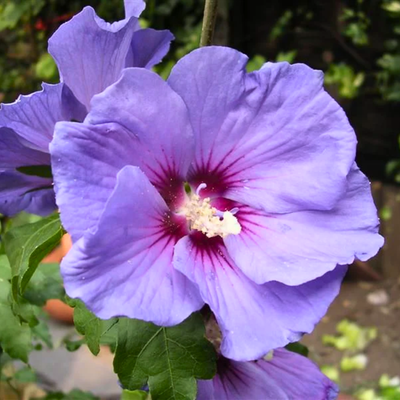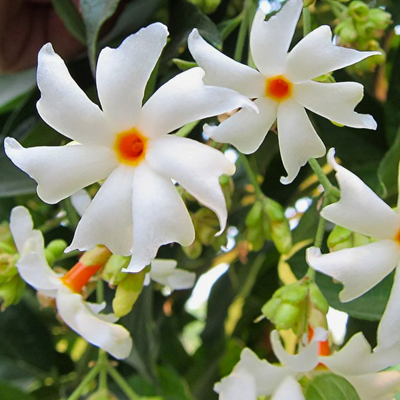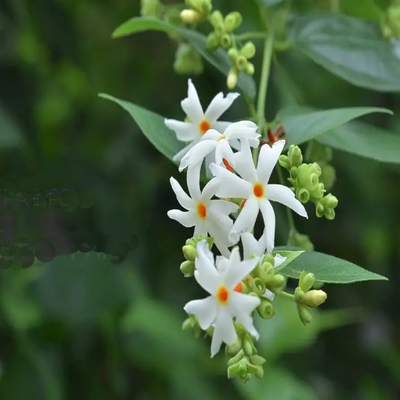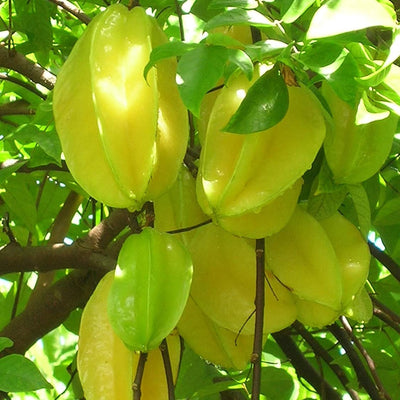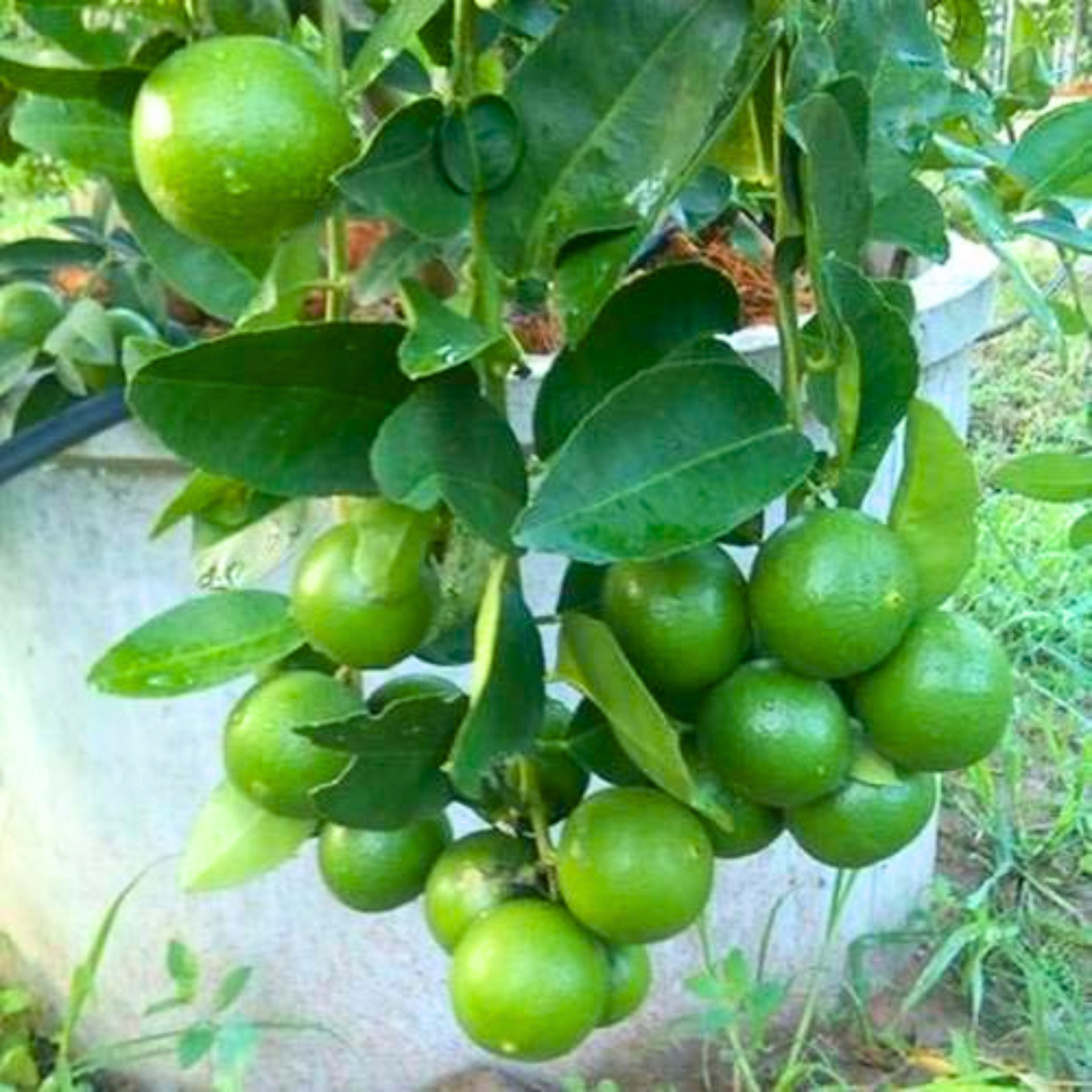
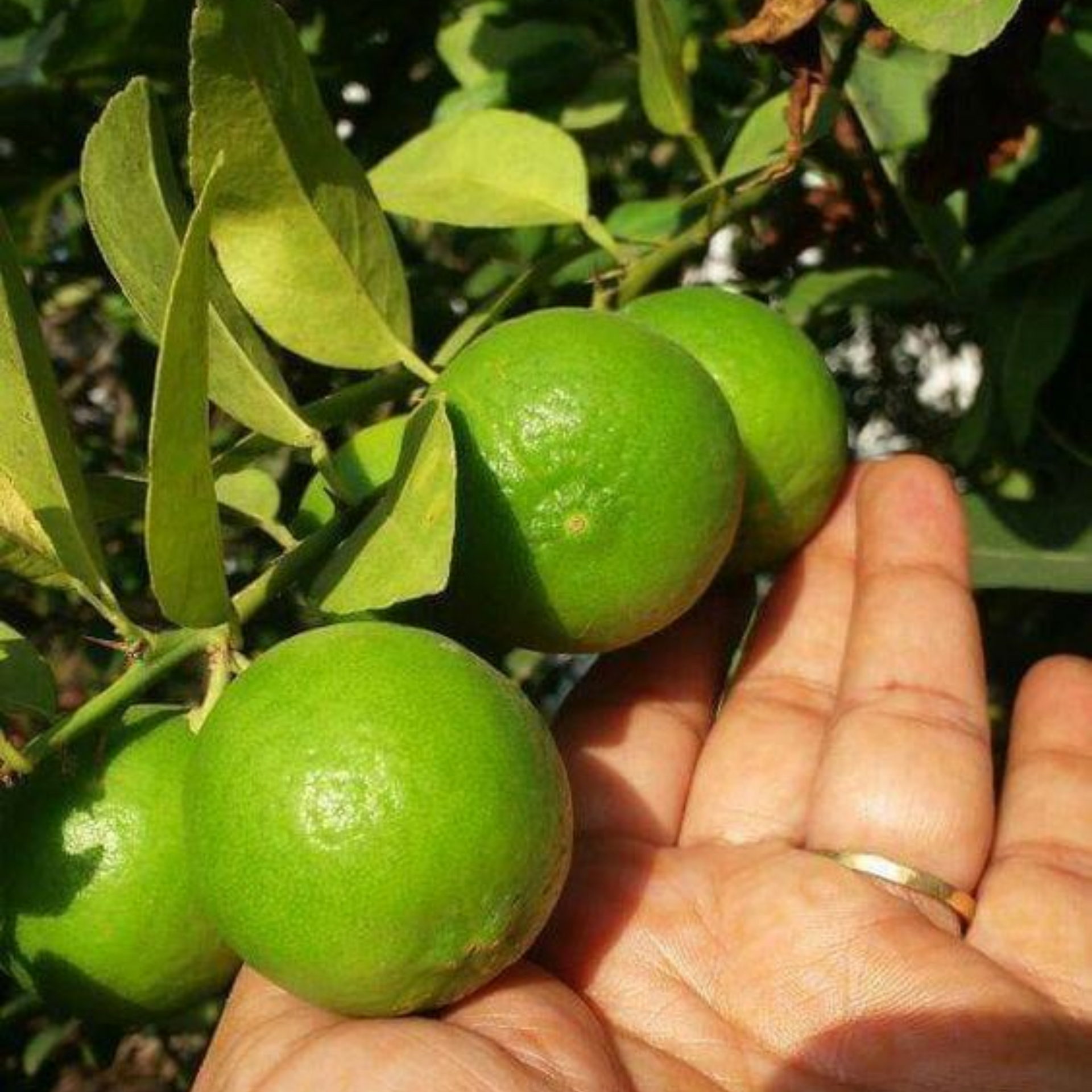
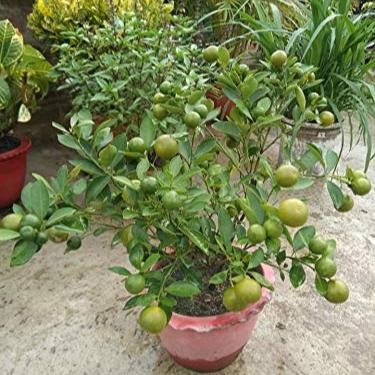
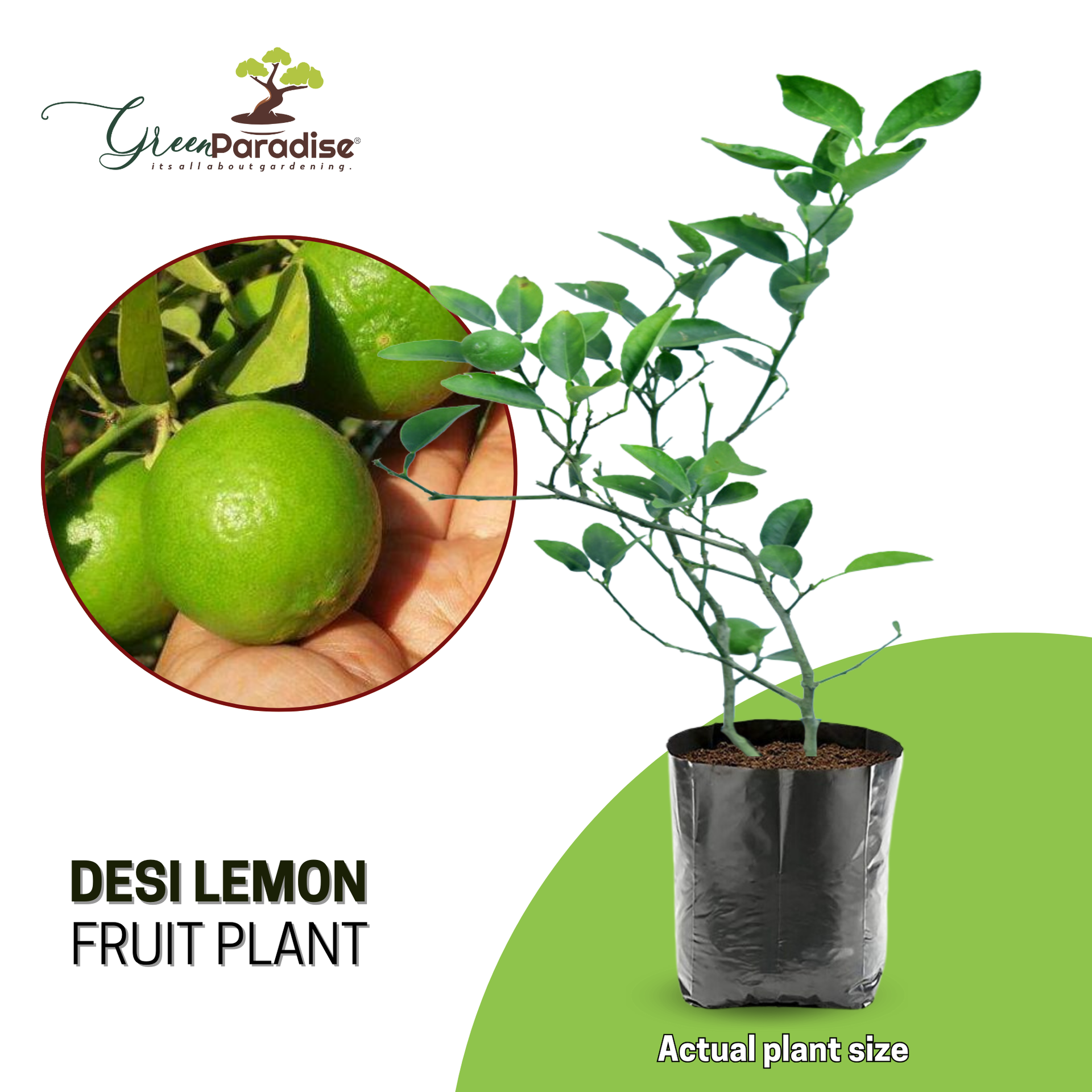
Green Paradise Original Desi Lemon (Kagzi Lemon)Plant
Rs. 349.00
Guaranteed Safe Checkout
Green Paradise Offers Original &
Healthy Desi Lemon Plant
About Desi Lemon Plant
The Desi Lemon plant, scientifically known as Citrus limon, is a small to medium-sized tree that belongs to the Rutaceae family. It is native to India and is widely cultivated throughout the country for its fruit, which is commonly known as lemon. Indian lemons are known for their tangy taste, refreshing aroma, and high vitamin C content.
Here are some key features and information about an Indian Desi Lemon plant:
Appearance:
The Desi Lemon plant typically grows to a height of 10 to 20 feet (3 to 6 meters) with a rounded or spreading crown. It has thorny branches, dark green elliptical leaves, and fragrant white flowers that bloom throughout the year. The fruit is oval or round, with a bright yellow, smooth, and thin peel.
Culinary Uses:
Desi lemons are widely used in culinary applications due to their sour flavor and aromatic qualities. The juice, pulp, and zest of the fruit are commonly used in cooking, baking, and beverage preparations. They add a tangy taste to various dishes, including salads, marinades, dressings, desserts, and refreshing drinks.
Medicinal Benefits:
Indian Desi lemons are rich in vitamin C, which is known to boost the immune system and provide antioxidant properties. The juice of Indian lemons is often consumed to alleviate symptoms of colds, sore throat, and digestive issues. It is also used as a natural remedy for detoxification, weight loss, and promoting healthy skin.
Growing Conditions:
Indian Desi Lemon plants thrive in tropical and subtropical climates. They require full sunlight for proper growth and fruit production. Well-drained soil with good organic content is preferred. The plant can tolerate a range of soil types but prefers slightly acidic to neutral soil pH. Adequate watering, along with proper fertilization, is essential for healthy growth.
Propagation:
Indian Desi Lemon plants can be propagated through seeds or by grafting. Seeds are commonly used for propagation, and they germinate within a few weeks under suitable conditions. However, growing from seeds may result in variations in fruit quality and characteristics. Grafting onto rootstocks is a common method used to maintain desired traits and ensure consistent fruit production.
Cultivars:
In India, there are several local varieties of lemons, each with its unique characteristics. Some popular cultivars include Eureka, Lisbon, Kaghzi Nimbu, and Gondal. These cultivars differ in terms of fruit size, shape, juice content, and acidity levels.
Economic Importance:
The desiLemon plant has significant economic importance in India. It is cultivated on a large scale for both domestic consumption and export purposes. The fruit is in high demand for its culinary uses, as well as for its juice, which is used in the food processing industry, soft drinks, and as a flavoring agent.
Indian Desi lemons are a versatile and widely appreciated fruit in culinary and medicinal applications. The plant's adaptability to diverse climatic conditions and its economic significance make it a valuable asset in the agriculture sector of India.
How To Grow Desi Lemon Plant
Growing an Indian lemon plant, also known as Citrus limon, can be a rewarding experience.

